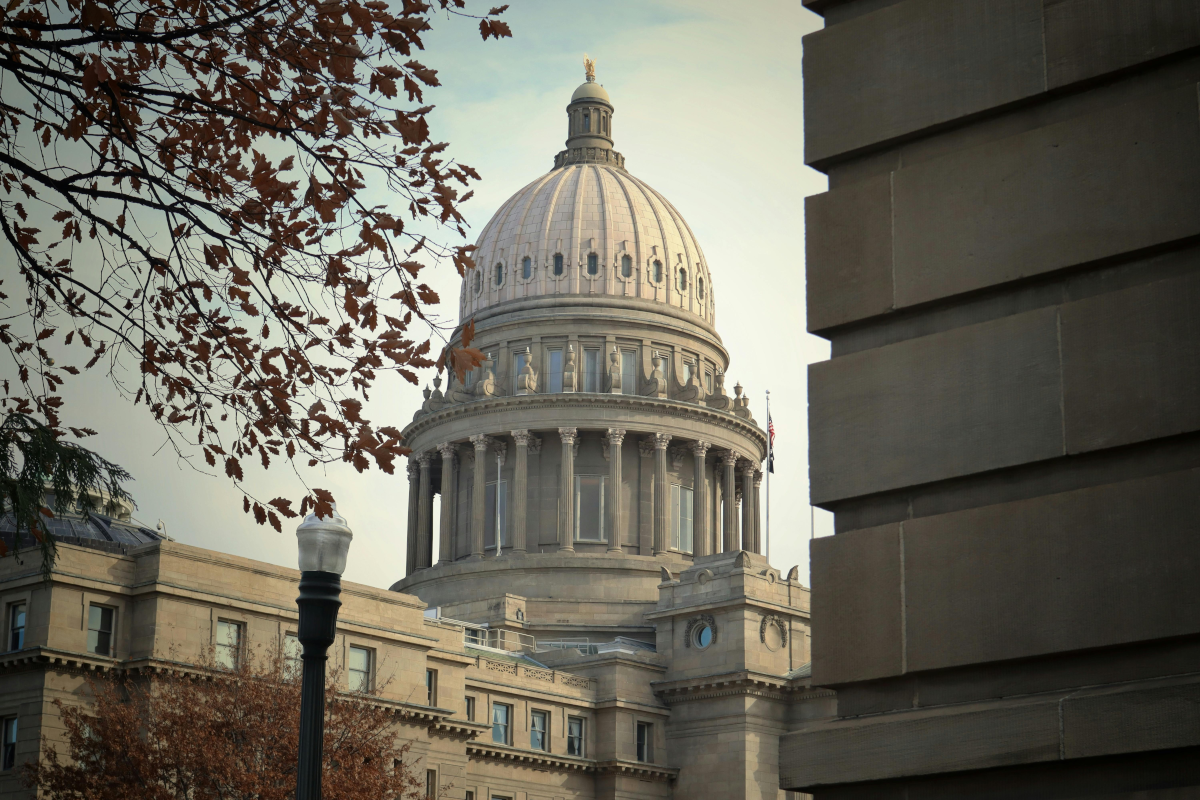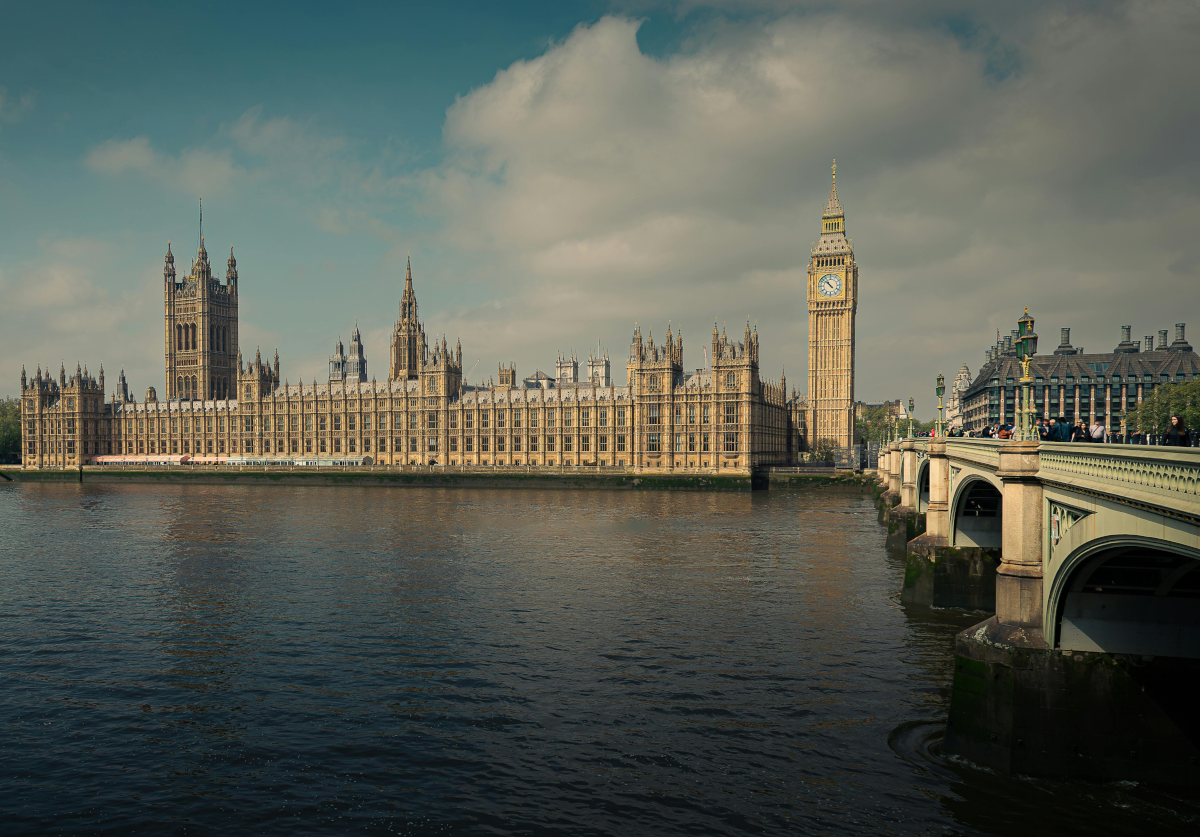Michigan VPN Ban idea spreads across the pond
20th September 2025

Michigan just lobbed a grenade into the VPN debate, and privacy advocates everywhere are watching closely. On September 11, six Republican lawmakers introduced the Anticorruption of Public Morals Act, a bill that would not just ban adult content, but also outlaw VPNs across the state. If it passes, internet providers would have to block VPN traffic entirely, and anyone caught promoting or selling VPNs could face fines of up to $500,000. That’s not just a moral crusade, it’s a direct strike against online privacy. Supporters of the bill argue that VPNs are simply a loophole that lets people bypass age verification checks and access restricted sites. But VPNs have been around for decades, and they weren’t invented to sneak around porn filters, they were built as security tools. Businesses use them to protect sensitive data. Regular users rely on them to keep snooping ISPs, advertisers, and hackers at bay. Turning them into contraband just because they also happen to beat a few website blocks feels like throwing the baby out with the bathwater. And this isn’t just an American issue. Across the pond, the UK has been flirting with the idea of restricting VPN use too, at least for under-18s. Following the enforcement of age restrictions under the Online Safety Act, VPN signups in the UK exploded by nearly 2,000% in a single day, according to Proton VPN. That surge prompted Children’s Commissioner Dame Rachel de Souza to call VPNs “a loophole that needs closing” and recommend age verification on VPNs themselves. In other words, not only do you have to hand over your ID to access adult content — you may soon have to hand it over just to use a privacy tool. Critics argue that’s an alarming overreach and sets a precedent for even more invasive online surveillance. A ban like this would put Michigan, and potentially the UK, in the company of countries like China, Russia, and North Korea, where VPN restrictions are used to control access to information. And even if lawmakers did push ahead, history shows people will just find other ways to get around the restrictions. Proxies are already seeing a surge in adoption, with infrastructure provider Decodo reporting an 88% rise in proxy traffic as companies and individuals look for alternatives. The real takeaway? VPNs are too important to be collateral damage in the culture war. In a world where data breaches, mass surveillance, and invasive tracking are everyday realities, a secure tunnel between you and the rest of the internet isn’t a luxury, it’s common sense. Banning VPNs won’t make people safer. If anything, it strips them of one of the last tools they have to stay private and secure online.



